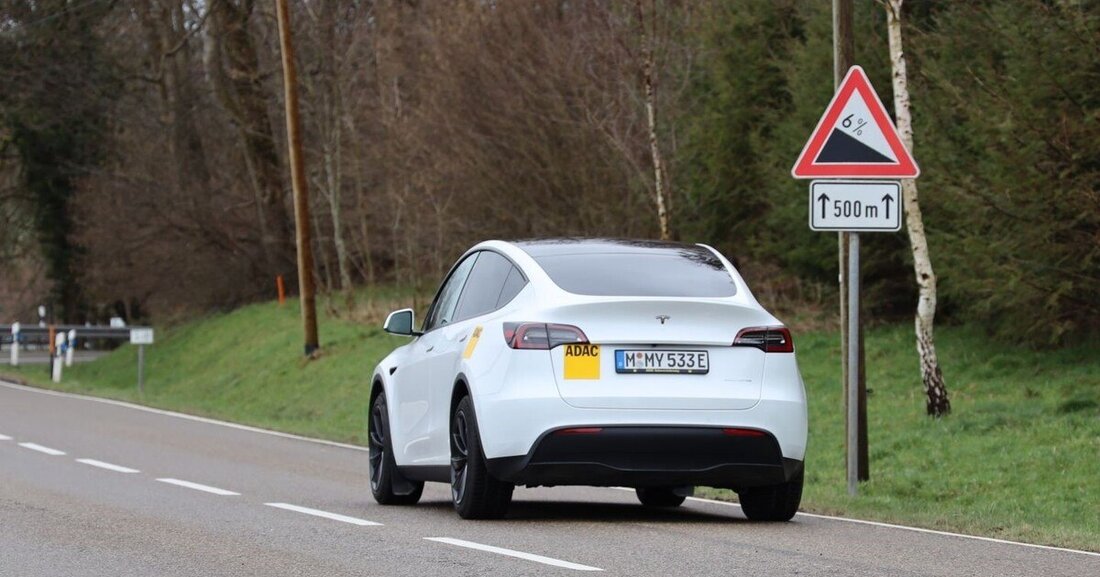Brakes for more range
Electric cars are not only environmentally friendly, but also extremely efficient. In addition to the optimal use of the energy used when driving, they have another advantage: they recover energy when braking. In an extensive study, the ÖAMTC, in collaboration with the ADAC, has now taken a closer look at the efficiency and advantages of so-called recuperation. “Depending on the vehicle model, up to 50 percent of the energy used during a journey can be recovered through recuperation when braking,” says ÖAMTC technician Florian Merker, summarizing the impressive result. “This not only increases the range, but also significantly reduces the environmental impact caused by brake wear.” Intelligent…

Brakes for more range
Electric cars are not only environmentally friendly, but also extremely efficient. In addition to the optimal use of the energy used when driving, they have another advantage: they recover energy when braking. In an extensive study, the ÖAMTC, in collaboration with the ADAC, has now taken a closer look at the efficiency and advantages of so-called recuperation. “Depending on the vehicle model, up to 50 percent of the energy used during a journey can be recovered through recuperation when braking,” says ÖAMTC technician Florian Merker, summarizing the impressive result. “This not only increases the range, but also significantly reduces the environmental impact caused by brake wear.”
Intelligent use
The effectiveness of recuperation depends on various factors. “On the one hand, the weight of the vehicle plays a role: Heavy cars can recover more energy when braking because there is more mass in motion,” explains Merker. On the other hand, the performance of the electric motor is crucial - the more powerful the motor is, the more electricity it can generate and feed back into the battery. In addition, the study also clearly shows that the most energy can be recovered, especially in urban areas, i.e. at low speeds and with lots of braking maneuvers. Even the worst vehicle in the test was still able to gain back 15 percent. It's different on the motorway, as the proportion of braking maneuvers per kilometer driven drops significantly. The mobility club technician emphasizes that the intelligent use of recuperation and mechanical brakes is crucial: “As much energy recovery as possible and as much mechanical brake as necessary should be used to prevent corrosion of the brake discs.”
Drive with foresight
The ÖAMTC recommends that electric car drivers drive with foresight and consciously adjust the level of recuperation. It is undisputed that recuperation is an important step towards sustainable mobility and contributes to increasing the energy efficiency of electric cars. The ÖAMTC is therefore committed to ensuring that vehicle manufacturers further optimize the potential of recuperation and use the advantages of this technology for an environmentally friendly future. “One point is particularly important to us in this regard: Electric vehicles will also have to focus more on lightweight construction in the future, as the energy consumption to accelerate the large mass outweighs the advantages of recuperation,” concludes Merker.

 Suche
Suche
 Mein Konto
Mein Konto